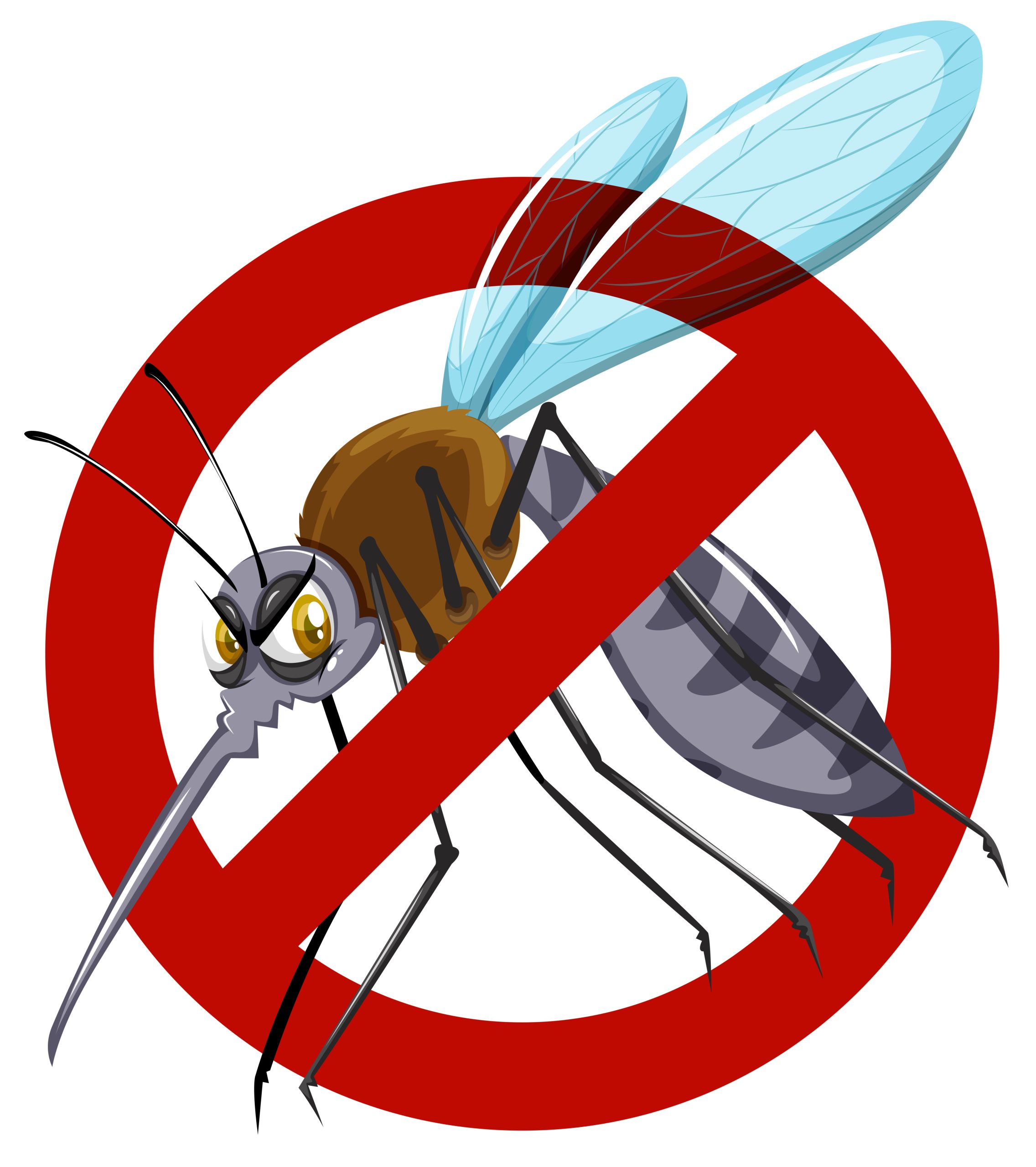Dengue fever is a viral illness transmitted by mosquitoes that can cause severe flu-like symptoms and in some cases, can be life-threatening. The disease is endemic in many parts of the world, and outbreaks can occur at any time, especially during the rainy season. Here’s what you need to know to stay prepared and informed about dengue outbreaks.
Know the symptoms
The symptoms of dengue fever can vary from mild to severe and may include high fever, severe headache, joint and muscle pain, fatigue, nausea, vomiting, and skin rash. In some cases, dengue fever can progress to a more severe form called dengue hemorrhagic fever, which can cause bleeding, shock, and organ failure. It is essential to be aware of the symptoms of dengue fever, especially if you live in an area where the disease is endemic.
Take preventive measures
The best way to prevent dengue fever is to avoid being bitten by mosquitoes. Mosquitoes that transmit dengue virus typically bite during the daytime, so it is essential to take measures to avoid being bitten during the day. This can include wearing long-sleeved shirts and pants, using mosquito repellents, and installing screens on doors and windows.
It is also important to eliminate mosquito breeding sites around your home. Mosquitoes require standing water to breed, so it is essential to remove any standing water around your home, including in flower pots, old tires, and other containers.
Stay informed about outbreaks
During a dengue outbreak, it is important to stay informed about the situation in your area. Local health authorities will typically issue public health advisories and take measures to control the outbreak, such as fogging and spraying insecticides. It is important to follow any advice or guidelines issued by local health authorities during an outbreak.
You can also stay informed about dengue outbreaks by monitoring news sources and social media. Local news outlets will typically provide updates on the situation in your area, including any measures being taken to control the outbreak. Social media can also be a valuable source of information during an outbreak, as people may share information and updates on platforms such as Twitter and Facebook.
Be prepared for an outbreak
If you live in an area where dengue fever is endemic, it is important to be prepared for an outbreak. This can include having a stock of essential supplies, such as mosquito repellents, insecticides, and medication for fever and pain relief. You should also have a plan in place for seeking medical care if you or a family member develops symptoms of dengue fever.
If you are traveling to an area where dengue fever is endemic, it is important to take measures to prevent being bitten by mosquitoes, such as using mosquito repellents, wearing long-sleeved shirts and pants, and staying in accommodation with screens on doors and windows.
Get vaccinated
There is currently no specific vaccine for dengue fever, but a vaccine called Dengvaxia has been approved for use in some countries. The vaccine is designed to protect against all four strains of dengue virus and is recommended for people living in areas where the disease is endemic. If you are planning to travel to an area where dengue fever is endemic, it is important to talk to your doctor about whether the vaccine is recommended for you.
In conclusion, dengue outbreaks can occur at any time, especially during the rainy season. It is important to be aware of the symptoms of dengue fever, take preventive measures to avoid being bitten by mosquitoes, stay informed about outbreaks in your area.




